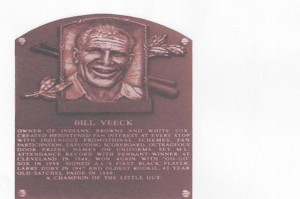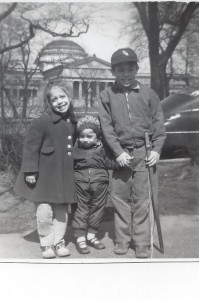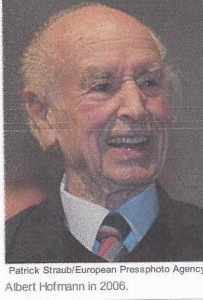That second morning Robin was already having coffee at The Nice Place on the Beach, along with somebody I later learned was named Jimmy, when I arrived; so I sat the next table over. Before Flower Girl showed up and Jimmy had left in a huff, I overheard Jimmy telling Robin the night before he was on the paved road when a group of men wondered if he was interested in a date. (Jimmy is much older looking than Daniel and much more grizzled.) Jimmy told them “Only if she’s a virgin.” Jimmy claims he ended up in some family’s parlor where the price was negotiated, and then he and the family’s 20 year-old daughter were wished a good time. Jimmy concluded saying it was fun, “but she didn’t seem to want to learn.”
!Que Horrible! Perhaps not surprising an economy so fueled by Americans, Canadians and Europeans, amidst poverty, would include sex trafficking – but selling off your virgin children??!! I wonder how much of the drug fighting and killing up north can also be laid at our gringo doorstep? My distaste for Jimmy and his story surfaced later in some not friendly, even weird, encounters with him – but all this distaste is for another day. On with Beauty.
On the other side of the moral compass, my relationship with Flower Girl was coming to an end – she was leaving that night. We talked more about her genius in bio-chemistry, what she wanted to do with her life, why she thought prostitution should be legalized (but pimping was troublesome), and all things having to do with an enjoyable day at the beach. When it was time for her to go at the end of the day, she brought me a gift – nicely wrapped as a surprise, it was her bag of marijuana. I apologized for not remembering her name, could she say it again? She told me, and I said I hoped to read about her as a famous person someday.
As she was walking down the courtyard to her bus, Daniel and I accidentally met-up by the stairs. “Wow, wasn’t she sweet,” I said, but I didn’t mean it to be mean to Daniel, it’s just the way it came out.
The rest of the week passed without incident, but of course Daniel and I never became chummy because he’s never chummy with the men – only if you are accompanied by a female do you even have a conversation – and then it’s simply as a bridge to your female companion. I have to admit it grew wearisome, overhearing conversations is unavoidable under la palapa, and there were always 4 or 5 or 6 bathing beauties to get to know.
– – – – – – – – – – – – – – – – – – – – – – – – – – – – – – – – – – – – –

Beach Favorites Grace & Ellen
So that’s my story about visiting Mike in Playa Zipolite, a place with four great things in combination: 1. Beauty. 2. Friendliness. 3. Low Cost. 4. No Rules. P.S. There’s more to be told about la musica, las comidas, the breezes, waves and rocks, about why Playa Nudista? Why Playa Muerto? about Susie the girl from Bristol England, about Donna the former CBC correspondent; and I haven’t even had a chance to tell how much fun it was hanging with Mike and sharing political gossip, but it’s time to come home after a week of decadence. I can’t wait to get home to wholesome Minnesota, my wife Ellen and my family. (Besides too many dogs shit in the sand.) Mike walked me to the colectivo (shared taxi) and I told him I’d gone to say my good-byes to Daniel, but all he could do was grunt “yah.” “Next time bring Ellen,” Mike says, “and see how much he talks to you.” I don’t know, we’ll see, I thought.





